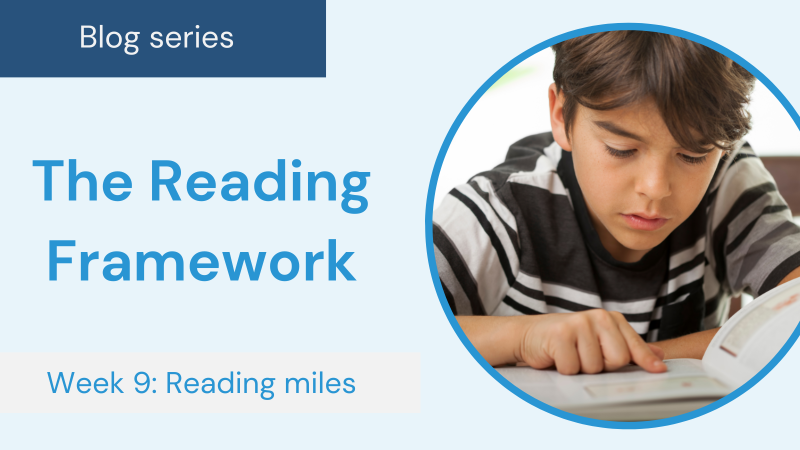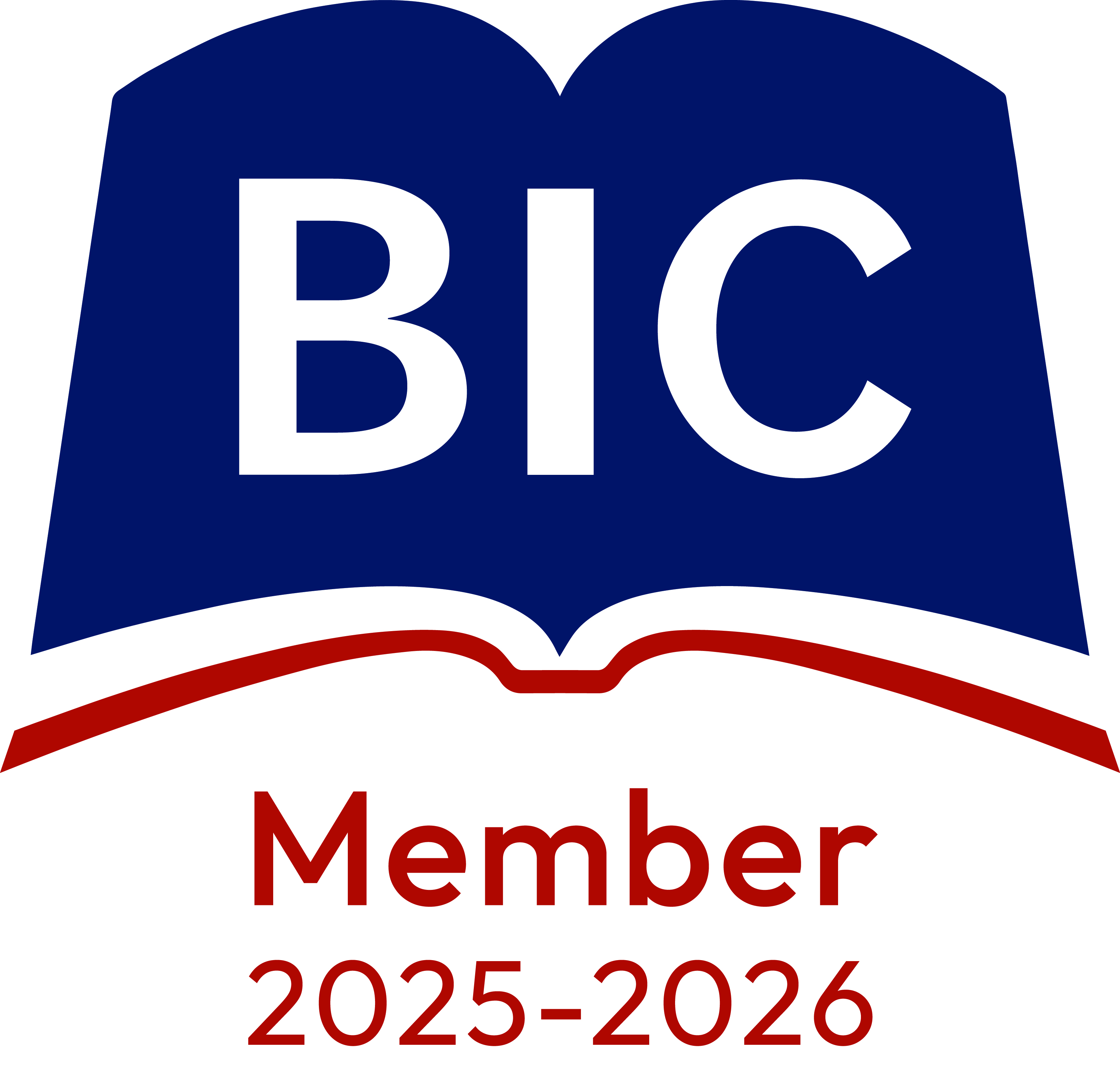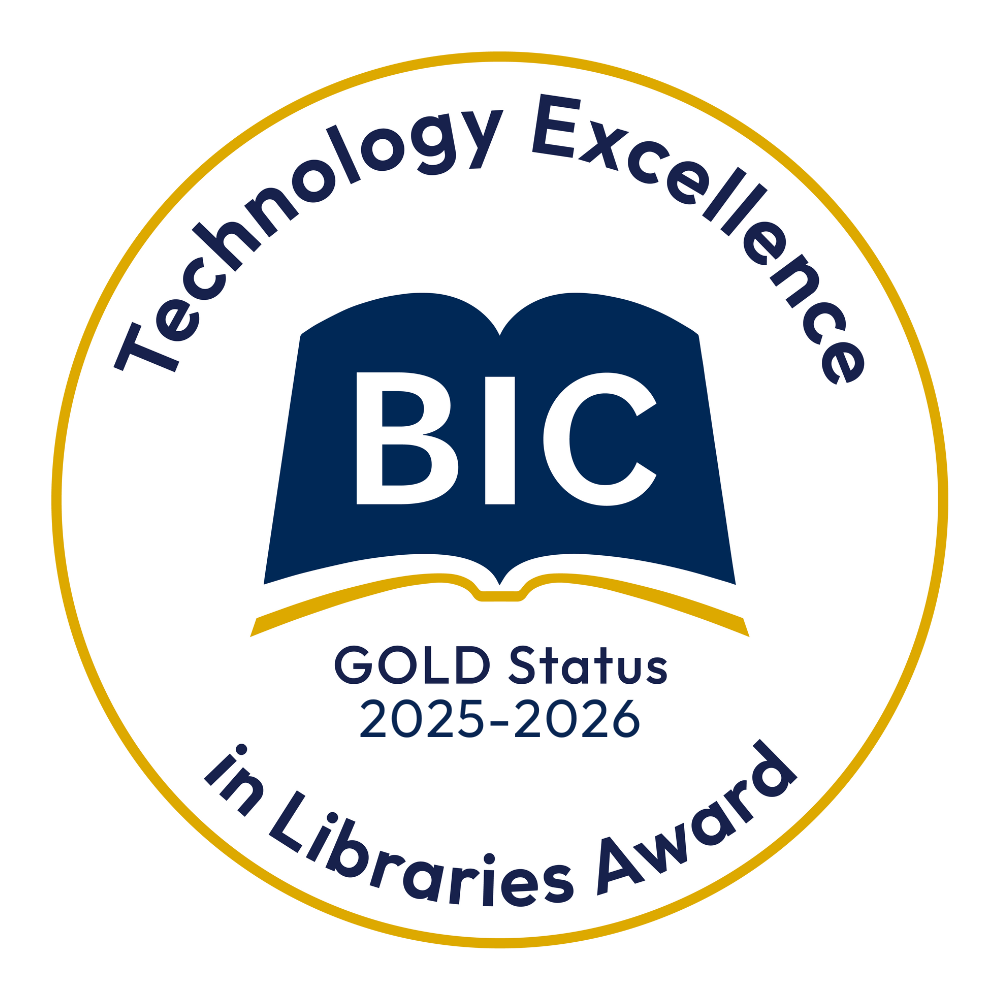Please note that we will automatically hold all schools orders from 16–20 February due to the half-term break. If your school remains open for delivery and you'd like your books delivered during that week, please let us know by calling us on 0121 666 6646 or emailing hello@peters.co.uk.
For help, advice and telephone ordering call our team on 0121 666 6646
Are you sure you wish to delete this basket?()
This action cannot be undone.
Sorry, something went wrong
Please report the problem here.
Reading Framework series: Reading miles

November 20th 2023
The Reading Framework places real emphasis on pupils building up their 'reading miles'. Like a marathon runner, if we are going to build readers for life, we need to prepare them with the right training. This training should be broad, and include as wide a range of text types as possible so that all pupils can find their hook. It should also include texts of increasing length as pupils begin to build their fluency. Read on for tips on how to implement this advice.
'Once pupils can decode accurately and speedily, reading a lot is the principal way they develop as readers. Putting in the 'reading miles' allows pupils to practise their reading, building experience with increasingly complex texts, encountering new knowledge, gaining new language, including vocabulary, and developing their fluency.'
DfE Reading Framework 2023, page 18
Books for the curriculum'Reading 'about' gives a purpose to reading, increases pupils' reading miles, develops their knowledge and understanding and can be a source of engagement and motivation. The curriculum should include books and other texts to support the content in history, geography and science lessons.' DfE Reading Framework 2023, page 88 Non-fiction can be a great way in for pupils who are not natural readers. If you can find the subject or topic that hooks them, then providing a text for further study can inspire pupils and give them validation. This can be the spark that can help a pupil settle to learning across the curriculum, can help them feel more welcome in their class, or even lead them on to thinking about career choices. We've highlighted the best non-fiction across all subjects on our reading for pleasure and curriculum non-fiction pages. Don’t forget our collections of book packs for schools. |
|
|||||
Discovering reading for pleasure'Teachers should provide books that are likely to give the most pleasure, so that all pupils feel encouraged to put in the reading miles before they read more challenging books independently'. DfE Reading Framework, page 86 We have selections of book packs for schools especially to promote reading for pleasure with your pupils – saving you time as well as helping you inspire your pupils to try something new each term. Sometimes they may need a little bit of extra encouragement. Tell us your pupils' interests and we can make suggestions to match, ensuring they feel represented. When a pupil feels they can find themselves in the pages of a book, they are much more likely to fall for the escapism that reading can provide. |
||||||
Regularly updating your book stock'Every book must be worth reading or help pupils to put in the reading miles. Books that are unlikely to achieve either of these aims should be discarded.' DfE Reading Framework 2023, page 90 Re-evaluating your book stock can take time, so why not let our team help? Our advisors curate books for curriculums and regularly visit schools to remove old stock, identify gaps in text type and author and ensure progression in your volumes to help support pupils in increasing their reading miles. Find out more about our audit service for schools here. |
|
|||||
Ensuring progressionOur website provides comprehensive filtering so you can search for texts from phonics stage through to beginner level, junior fiction and all the way to adult texts. This means you can provide pupils with the progression and scaffolding they need to make positive reading choices and feel a sense of success as they build their reading miles. |
||||||
|
|
Partner or paired reading'Partner or paired reading can be effective as everyone is involved, with pupils taking turns reading aloud a sentence, a paragraph, page or whole text to one another. Pupils who read at the same level might share a text or more fluent readers might read to those who are less fluent.' DfE Reading Framework 2023, page 113 If you're looking to provide multiple copies of popular texts to create shared reading opportunities, we can help. Our team have also compiled lists of recommendations for texts that work particularly well being shared aloud. |
|||||
We hope there are some practical and achievable solutions here for helping pupils make up their reading miles. You could also take a look back at our blog on book talk and fostering reading relationships. The more children have chance to share their reading with others and feel part of growing relationships through reading, the more likely they are to sustain this habit way beyond the classroom.
Get in touch
Need more advice on implementing the reading framework guidance? Get in touch by emailing us at hello@peters.co.uk, or call us on 0121 666 6646.







